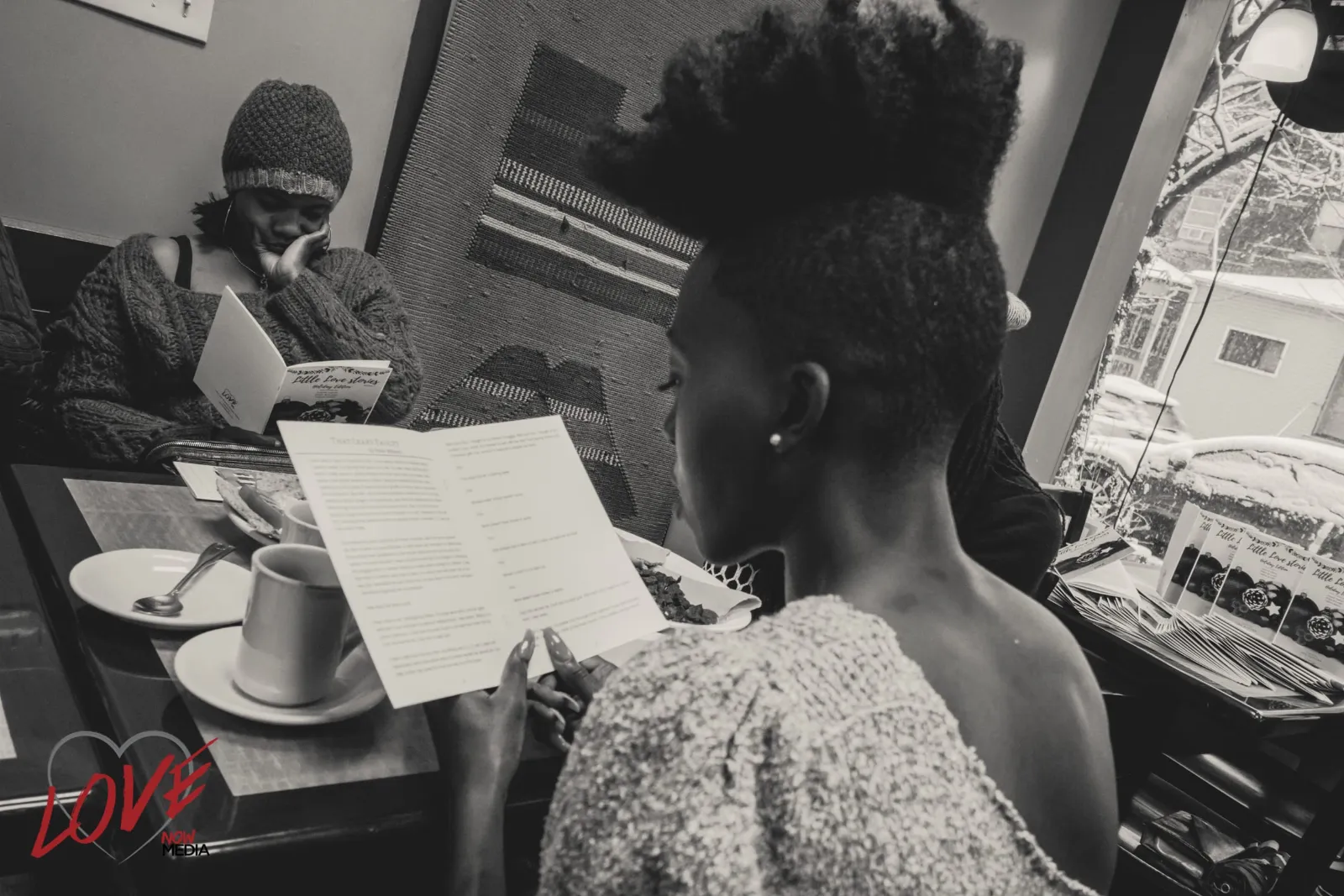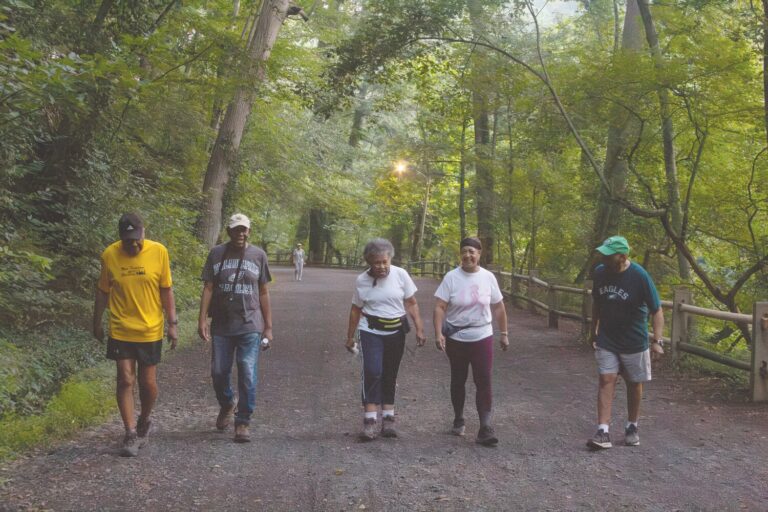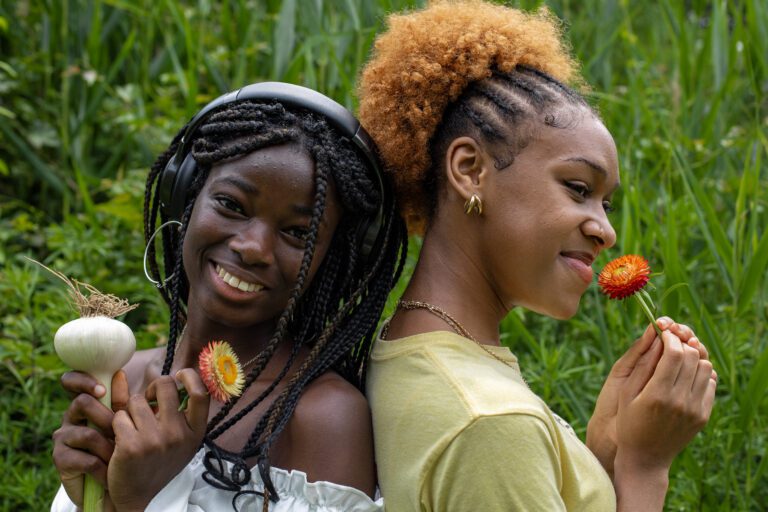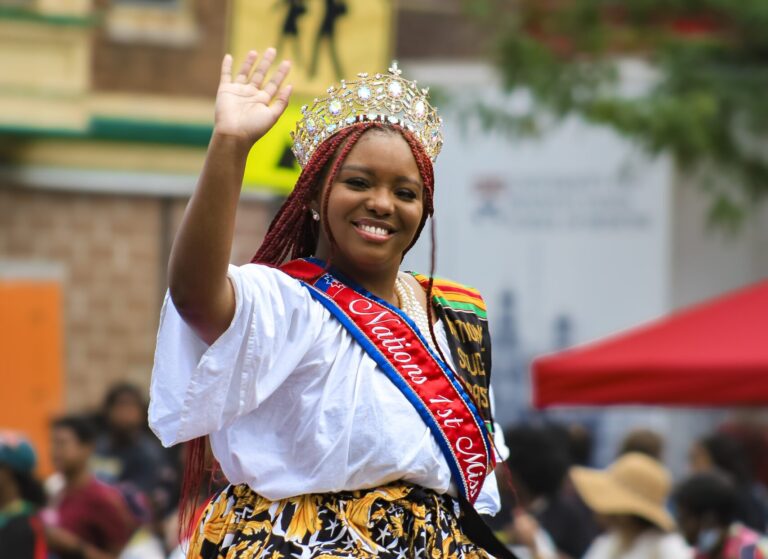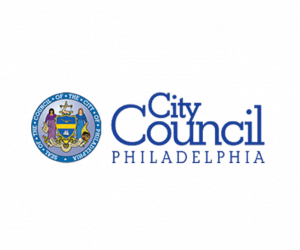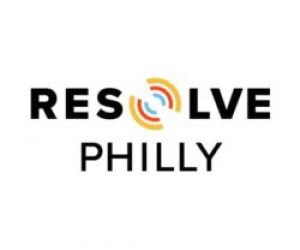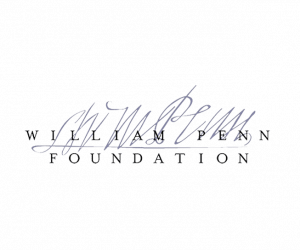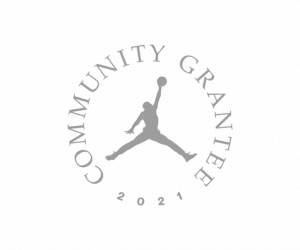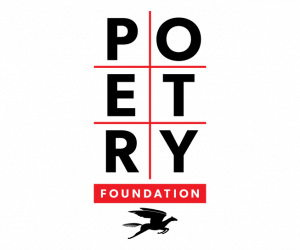by M. Tonita Austin Featured in Little Love Stories Volume 2
Janai’s concussion diagnosis was heartbreaking. She was restricted from enjoying all of the people, places, and things she loved. After being home from school for several weeks, she began to present symptoms of conversion disorder. The condition is defined by the Mayo Clinic as “…a health problem that starts as a mental or emotional crisis — a scary or stressful incident of some kind — and converts to a physical problem.” Each day I watched as she lost strength, then one day I went to get her out of bed and she couldn’t move her legs. Since Janai had not yet been diagnosed and the insurance would not provide a home health aide for a concussion patient, I was her sole caretaker.
Each day for forty days, in-between running my household, my sole proprietorship, and caring for my teenage son, I made her meals, lifted her onto the portable commode, bore her weight as I carried her to the shower, bathed and dressed her, lifted her up to and from the top of the stairs, and dragged her into her room to bed. Every day and night I had to bear the full weight of her body as she was unable to hold her own posture. For each doctor’s appointment, I had to dress her, pull her to the top of the stairs, lift her into her wheelchair, lift her in the chair through the doorway, push her down the makeshift ramp, lift her out of the chair into the car and do it all again once I got to the doctor’s office. I was thankful to have the help of my nephew to give my body a break from the physical strain for the last two weeks. My friends contacted me on a regular basis, worried for my physical and mental health. I don’t know how I did it. I wanted so badly for Janai to get well, to be stronger mentally and physically but I was slowly coming to the realization that I was crippling both of us in the process.
When she was finally diagnosed with conversion disorder, one of the doctors mentioned inpatient rehabilitation. I was depleted trying to care for her but it broke my heart to have to admit that I couldn’t make her better. I felt like I failed her. I was afraid she would hate me, resent me or worse; that they would harm her in some way. I wanted her well but I didn’t want her to have to leave the safety of her home to do so. Children’s Hospital of Philadelphia promised me that they could get her walking again and I couldn’t argue with one of the best hospitals in the nation. I had to trust strangers with the care of my baby girl. I had to have faith that I was making the right decision for her. It took a lot of tears, sleepless nights, and prayer but, in the end, I had to love her enough to let her go. Her recovery was more important than my heartache.
Many nights she cried herself to sleep. Sometimes she would call me in the middle of the night, afraid and almost daily she begged me to bring her home. My heart broke each time I had to tell her I loved her and hang up the phone. I visited her just about every day unless it was detrimental to her progress. I found the fortitude to maintain my clients and show up for parent teacher conferences while managing regular correspondence with her doctors, therapist, school, and maintain my sanity. But the doctors were right. I will never forget the day I walked into her room to see her jump up out of the bed and start dancing. I cried like a baby that night. The greatest gift for me is that not only do I have my daughter home, physically and mentally stronger, but that she still loves me. Our relationship is less codependent, our hugs are just as tight, and we’ve both learned that love is letting go of fear.

